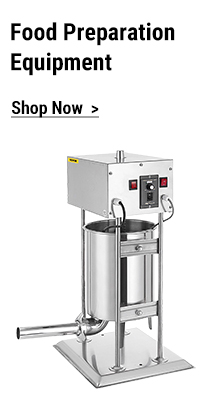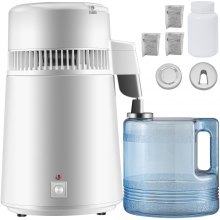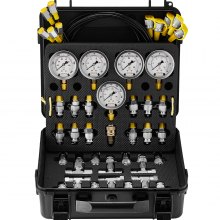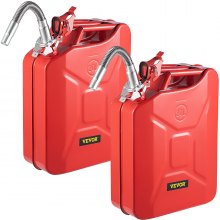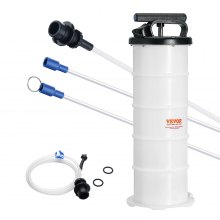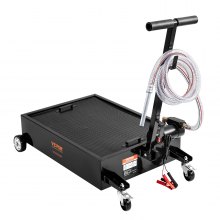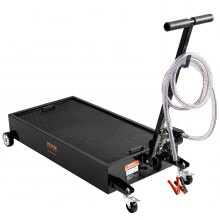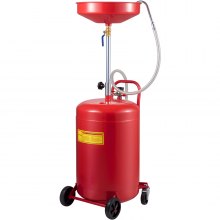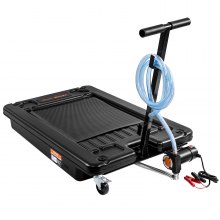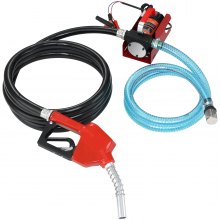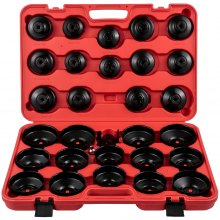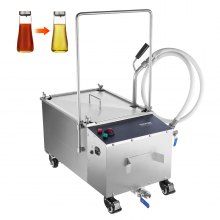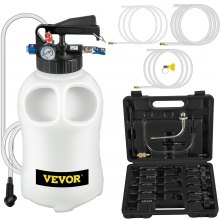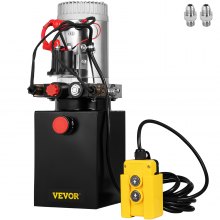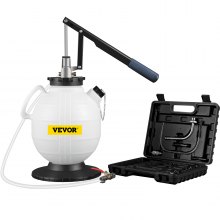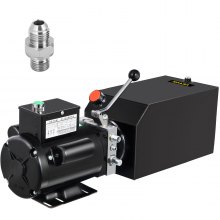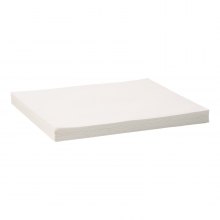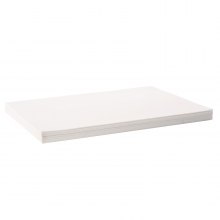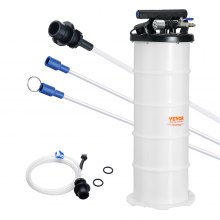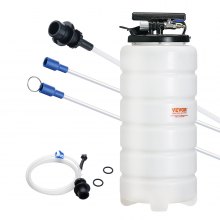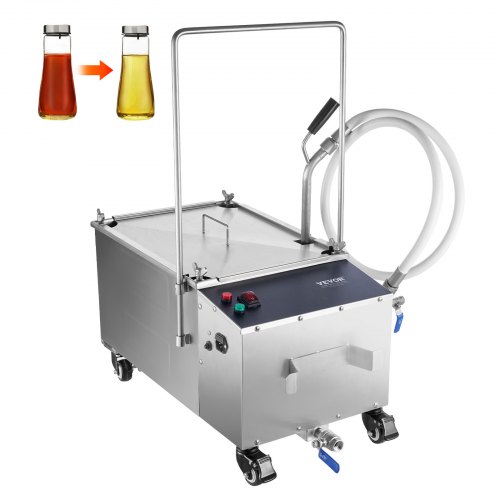The Ultimate Guide to Oil Changes: Keeping Your Engine Running Smoothly
Introduction
Regular oil changes are one of the most important maintenance tasks you can perform to keep your vehicle running smoothly and efficiently. In this comprehensive guide, we'll delve into the world of oil changes, covering everything from why they're essential to how to perform them and the benefits they offer.
Understanding the Importance of Oil Changes
Why are Oil Changes Necessary?
Oil serves as the lifeblood of your vehicle's engine, lubricating moving parts, reducing friction, and carrying away heat and contaminants. Over time, however, oil breaks down, loses its lubricating properties, and becomes contaminated with dirt, debris, and engine byproducts. Regular oil changes are essential to ensure optimal engine performance and longevity by maintaining clean and properly lubricated internal components.
Signs Your Vehicle Needs an Oil Change
-
Dashboard Warning Light: Many modern vehicles are equipped with an oil change indicator light that illuminates when it's time for a change.
-
Dark or Dirty Oil: Checking the color and consistency of your engine oil using the dipstick can provide insight into its condition. Fresh oil is typically amber or light brown, while old oil becomes darker and may contain visible particles.
-
Loud Engine Noise: Insufficient lubrication due to old or low oil levels can result in increased engine noise, indicating the need for an oil change.
-
Decreased Fuel Efficiency: Dirty or degraded oil can increase friction and reduce engine efficiency, leading to decreased fuel economy.
-
Visible Exhaust Smoke: Excessive exhaust smoke, particularly blue or grayish in color, may indicate oil burning in the combustion chamber due to oil-related issues.
Performing an Oil Change
Steps to Perform an Oil Change
-
Gather Supplies: You'll need fresh engine oil, a new oil filter, a wrench or socket set, an oil drain pan, and a funnel.
-
Prepare the Vehicle: Park the vehicle on a level surface, engage the parking brake, and allow the engine to cool.
-
Drain the Old Oil: Position the oil drain pan beneath the oil drain plug, remove the plug using a wrench, and allow the old oil to drain completely.
-
Replace the Oil Filter: Remove the old oil filter using an oil filter wrench, lubricate the gasket on the new filter with fresh oil, and install it by hand.
-
Refill with Fresh Oil: Use a funnel to pour the appropriate amount and viscosity of fresh oil into the engine, as specified in the vehicle owner's manual.
-
Check Oil Level: Use the dipstick to check the oil level and ensure it falls within the recommended range.
-
Dispose of Old Oil: Properly dispose of the old oil and filter at a designated recycling center or automotive service facility.
Benefits of Regular Oil Changes
Engine Protection and Longevity
Regular oil changes help prevent premature engine wear and damage by ensuring proper lubrication of internal components. Clean oil reduces friction, minimizes heat buildup, and protects against corrosion, extending the lifespan of your engine.
Improved Performance and Fuel Efficiency
Clean oil promotes smoother engine operation and optimal fuel combustion, leading to improved performance and fuel efficiency. Maintaining proper oil levels and quality can help maximize horsepower and torque output while minimizing fuel consumption.
Environmental Responsibility
Proper disposal of used motor oil and filters is essential for protecting the environment and preventing pollution. Recycling used oil reduces the need for new oil production and minimizes the risk of groundwater contamination, making oil changes an environmentally responsible practice.
Conclusion: Prioritize Your Engine's Health with Regular Oil Changes
In conclusion, oil changes are a fundamental aspect of vehicle maintenance that should not be overlooked. By adhering to a regular oil change schedule and using high-quality oil and filters, you can protect your engine, improve performance, and contribute to environmental sustainability. Make oil changes a priority in your vehicle maintenance routine, and enjoy the peace of mind that comes with knowing your engine is well cared for and ready for the road ahead.
FAQs about Oil Change
What is an oil change?
An oil change is a routine maintenance procedure performed on vehicles to replace old or contaminated engine oil with fresh, clean oil. This process helps to keep the engine lubricated, remove impurities, and prevent premature wear and damage to engine components.
How often should I get an oil change?
The frequency of oil changes depends on several factors, including the type of vehicle, driving habits, and the type of oil used. As a general guideline, most vehicle manufacturers recommend getting an oil change every 3,000 to 5,000 miles or every 3 to 6 months, whichever comes first. However, newer vehicles and synthetic oils may have longer intervals between oil changes, so it's essential to consult your vehicle's owner's manual for specific recommendations.
What are the signs that my car needs an oil change?
Several signs indicate that your car may need an oil change, including:
-
Check engine light: If the check engine light illuminates on your dashboard, it could indicate low oil pressure or other engine issues.
-
Dirty or dark oil: Check the oil level and condition using the dipstick. If the oil appears dirty or has a dark color, it may be time for an oil change.
-
Engine noise: Excessive engine noise or knocking sounds can indicate insufficient lubrication, often caused by old or low oil levels.
-
Oil smell inside the car: A strong odor of burnt oil inside the car may indicate oil leakage or contamination, requiring an oil change.
Can I change the oil myself, or should I go to a mechanic?
Whether you choose to change the oil yourself or go to a mechanic depends on your level of automotive knowledge and comfort working on vehicles. Changing the oil yourself can save money, but it requires the right tools, equipment, and knowledge of proper procedures. If you're unsure or uncomfortable performing the task yourself, it's best to have a qualified mechanic or automotive technician perform the oil change to ensure it's done correctly.
What type of oil should I use for my car?
The type of oil recommended for your car depends on factors such as the vehicle's make and model, engine specifications, and driving conditions. Most modern vehicles require either conventional or synthetic motor oil, with synthetic oils offering better performance and protection against engine wear. Consult your vehicle's owner's manual or a qualified mechanic to determine the correct type and viscosity of oil for your car.


